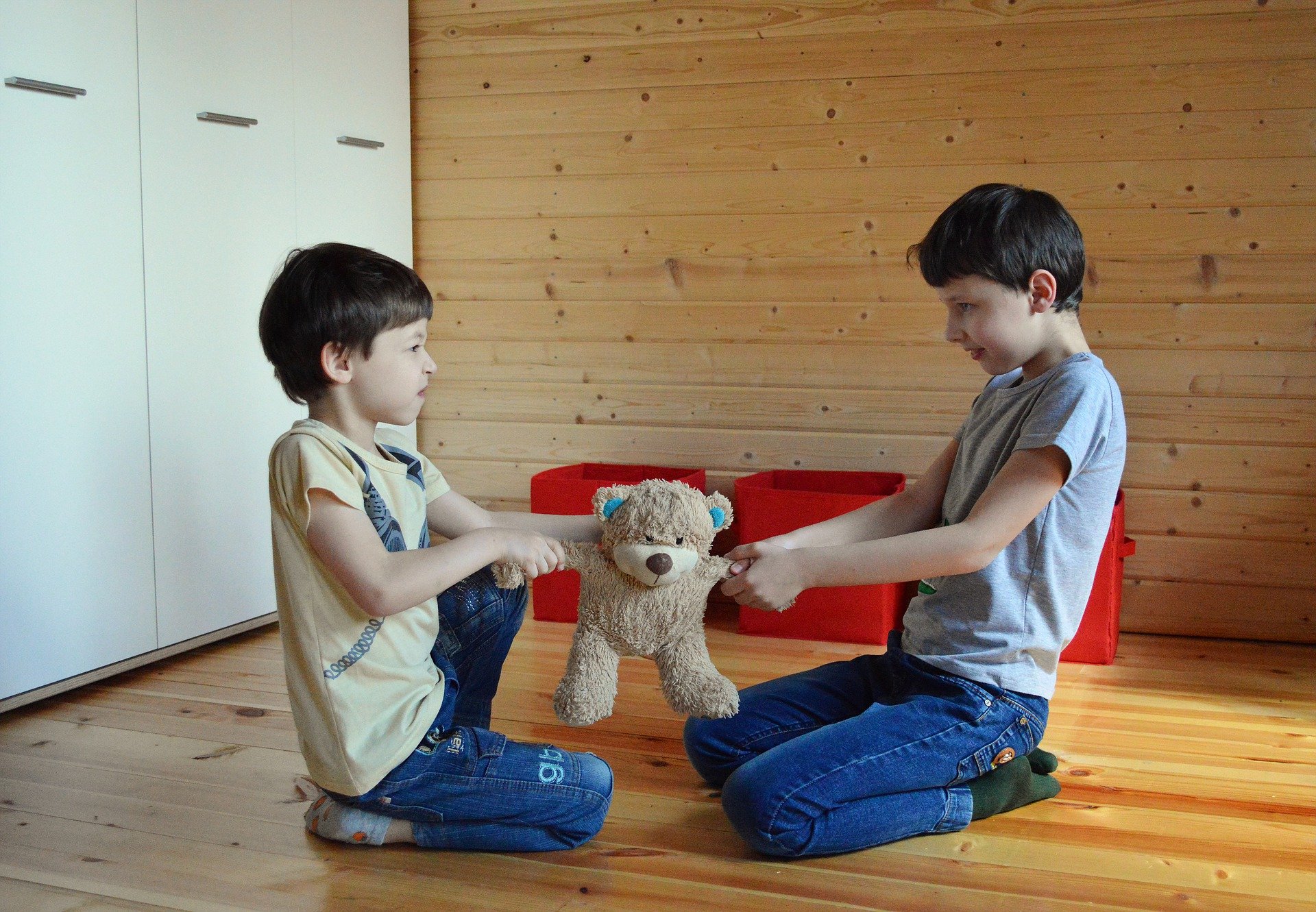When parents separate, it is not uncommon for a dispute to arise over living and contact arrangements.
Parents will be encouraged to deal with the issues between themselves for example with the assistance of a Mediator or through Lawyer negotiations. If, however one parent is actively denying the other parent reasonable contact, as a last resort, it is possible to make an application to Court under the Children Act 1989.
The type of order that is required to deal with this issue is a Child Arrangements Order (CAO). This Order sets out whom a child shall live with and when and how they are to have contact with the non-resident parent.
When considering an application for a CAO there are three principles that the Court will follow:
- The welfare principle – the child’s welfare is the Court’s paramount consideration
- The no delay principle – any delay should be avoided as this would be detrimental to the child’s welfare.
- The no order principle – the Court will only make an order if it would be better for the child than no order at all.
There is a presumption of parental involvement which the Court will also consider. This means the Court recognises that it is important for both parents to be involved in the child’s life unless it would be contrary to the child’s welfare. Even in cases involving domestic abuse between the parents this presumption will still be considered.
A Child Arrangements Order will order the resident parent to make the child available for contact. This means that the order is enforceable against the resident parent. The order will contain a warning notice setting out that there are consequences for breaching the order.
Breach of an order will amount to contempt of court and is punishable by imprisonment or a fine.
Continual refusal by the resident parent to make the child available for contact can render that parent as being “implacably hostile”. Should this be the case it is then possible to apply to the Court to enforce the order.
Past cases before the Court have found that the level of harm to a child by denying contact with their other parent can be greater than the level of harm due to a change of residence. This has seen a change of residence being ordered due to one parents implacable hostility.
When dealing with cases of refusal of contact, each case will be decided on its own facts and the court will use whichever method is most appropriate and deemed to be in the best interests of the child.
If you find yourself in this unfortunate position, please do contact us for an initial discussion to see how we can assist.




